Who’s REALLY self-made?
The world is not fair. But nothing can stop you from hoping for more.
I grew up listening to Taylor Swift, the ultimate soundtrack for a girl dreaming bigger than her hometown.
Most of my childhood was spent in a suburb, far from the city lights. It was the kind of place where street lamps disappeared after 8 pm, and the silence was broken only by stray dogs and the relentless buzz of cicadas in the summer.
One time, a high school guy friend offered to walk me home, until he got too scared of the pitch-black roads and decided to leave me halfway.
Growing up in a remote place taught me a thing or two. Like how to handle an extremely aggressive crowd of dogs. And because entertainment options were limited, I spent most of my time reading books, watching TV shows like High School Musical, playing video games, and strumming my guitar in the study room.
Despite my love for country music, I’ve never been a talented singer, though that didn’t stop me from hoping for years. I’ve got a Little Martin with me in London, and a proper Taylor waiting back home in Hong Kong.
If you’ve read The Mom Test, you’d know not to trust it when your mother says you’re good. My aunt sings properly, so I’m pretty sure my mother always knew I’d never make it as a singer.
But being 20 and hopeful was a beautiful feeling.
It broke my heart when, years later, I found out that Taylor Swift’s father was an executive at Goldman Sachs and that he had invested in her original label, Big Machine.
The girl who soundtracked my dreams of making it out had a safety net I never knew was there. I’d always thought of her as the small-town country girl who got bullied in school and made it big through sheer talent and hard work. That was the story I held onto because it made me believe I could do it too.
I still love her. And honestly, I don’t know if I wish I’d found that out sooner.
Because, like I said, being 20 and hopeful was a beautiful feeling. Believing it was possible, even just for a while, gave me the courage to try.
And I did try, just not in singing.
I grew up with my grandmother, who spoke a dialect called Weitou, a language close to Cantonese. I was often bored at school, but I was endlessly curious about the world beyond my little village. So I threw myself into learning English and absorbing Western culture, bit by bit.
When the chance finally came, I fought hard with my family to let me turn down a TV broadcasting offer from City University of Hong Kong and go abroad instead.
That choice eventually worked out well for my path in the city.
I found myself working at golf tournaments, fashion parties, restaurant launches, and art events. Suddenly, I was orbiting a world I never imagined I’d be part of, close to people I once thought were untouchable.
I felt like I was on top of the world. Young, free, and invited to the best parties in the most glamorous corners of metropolitan cities.
But my insecurities only grew bigger as I got older. I didn’t actually fit in. I wasn’t one of them.
“Which international school did you go to?”
“Which girls’ school were you from?”
Questions like these reminded me, subtly, but constantly, that I was a guest in a world built for someone else.
As I made my way into elite firms like Edelman and FGS Global, the voice in my head wouldn’t let up.
You don’t belong here. They’ll find out.
“You’re from Hong Kong. You went to the LSE.”
I never thought I’d hear someone say something like that to me. But I knew exactly where it came from, because I used to feel the same way. I just didn’t have the words or the courage to say it out loud.
To say how much, as someone without the right logos on my resume or the right labels on my life, I often felt like an outsider in a world I was supposed to belong to.
And the truth is — I did want to be part of that world. Desperately.
One of my childhood friends watched me slowly destroy my voice in those years.
I was trying to be a city kid, hanging out with other city kids. There was a lot of drinking, a lot of partying, and a lot of pretending I knew who I was.
But underneath it all, I was still that girl from the village, just with better clothes and worse hangovers.
Eventually, I tried therapy.
Over time, I realized that therapy isn’t always about fixing. It’s about framing. It helps you reposition your story, so you can acknowledge your past and finally see yourself.
“You’re a self-made woman.”
That’s what my therapist told me more than once. And it surprised me, because I had never thought of myself that way.
Maybe the belief that I wasn’t self-made was exactly what kept me going. Because no matter how hard things got, I’d always think:
There are people who have it harder.
The other day, I caught up with one of my closest friends from high school. We hadn’t spoken in years. He’s now living somewhere near Manchester with his wife and newborn.
He messaged me after seeing my HK01 interview, and it was only then that I found out I was probably one of the first from our high school to attend the LSE.
Talking to him meant a lot.
He had witnessed how crushed I was when I didn’t reach my target scores in the public exam. He knew I struggled with anxiety before I even had a name for it.
He told me, “Maybe you were just overthinking your answers during the exam.” And he reminded me gently, without judgment, that I was only 18. That I still had time. That I still had hope.
Now, 12 years later, I’ve proven that he was right. I got into a university that my younger self would’ve never even dreamed of. And for a while, I lived the life I always wanted — abundant, independent, and hard-earned — as a corporate professional in the heart of the city.
We don’t always notice when we’re breaking barriers, because we’re too busy surviving them.
During my journey of looking for a cofounder, I met an Asian woman who grew up in London. She told me how she used to look into the backgrounds of Steve Jobs, Bill Gates, and Elon Musk, searching for clues, hoping to find someone like her in their stories.
She never did.
Because when you look closely, many of the world’s most celebrated “self-made” men had more than just ambition:
Steve Jobs was adopted into a stable middle-class family, attended Homestead High in Silicon Valley, and had access to early tech circles through neighbors and friends, including HP engineer Bill Fernandez.
Bill Gates grew up in a wealthy Seattle family. His mother sat on the same board as John Opel, then the chairman of IBM. She helped connect Microsoft with IBM, a relationship that led to one of the company’s earliest and most important deals.
Elon Musk grew up in apartheid-era South Africa in a wealthy family that owned an emerald mine. He attended private schools, and his first venture, Zip2, was funded by his father.
And the Taylor Swift kind of story is happening everywhere. Chinese “nepo baby” Shen Jiarun, daughter of Chinese actor Xiao Shenyang, recently debuted as K-pop soloist Nina. Her agency, BNB Music, is reportedly fully funded by her parents.
But you know what? Those are just noises.
The only way to get better is by putting yourself out there, even when your voice shakes.
My friend Joey Thye did go on to become a singer. When we used to busk together, I was constantly panicking, overthinking every move. She, on the other hand, just showed up and did her best, without caring so much about what people thought.
And that taught me something. Your mindset can matter so much more than where you’re starting from.
As a startup founder now, I’ve found myself becoming that naive 20-year-old again, still believing that no mountain is too hard to climb.
And maybe, even though I’m no longer 20, being hopeful is still a beautiful feeling.
I carry all those past versions of myself with me — the village girl, the anxious teenager, the outsider in the room. They’re the reason I’m still climbing.
And even though I didn’t become a singer, someone else in the family did: my grandmother.
She performed traditional bridal laments at places like Tai Kwun museum, and her voice was featured across mainstream media outlets.
She sang our stories before I even found the words to write mine.
She recently came down with a fever and is still in the hospital. More than anything, I wish I could be in Hong Kong whenever I wanted, to visit her, to be close to home. I’m building a life that will make that possible. And I hope it won’t be too far away.
Lastly, I’m sorry.
I’ve always been a bit of a rebel. But maybe that’s just how I carry her strength, in a different form.


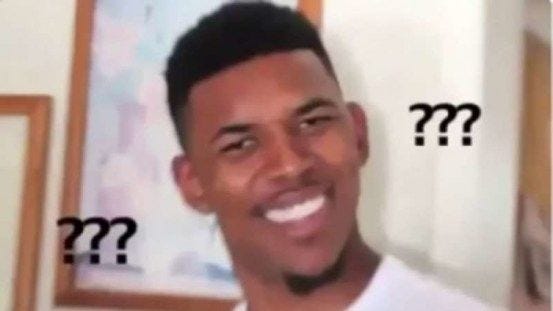
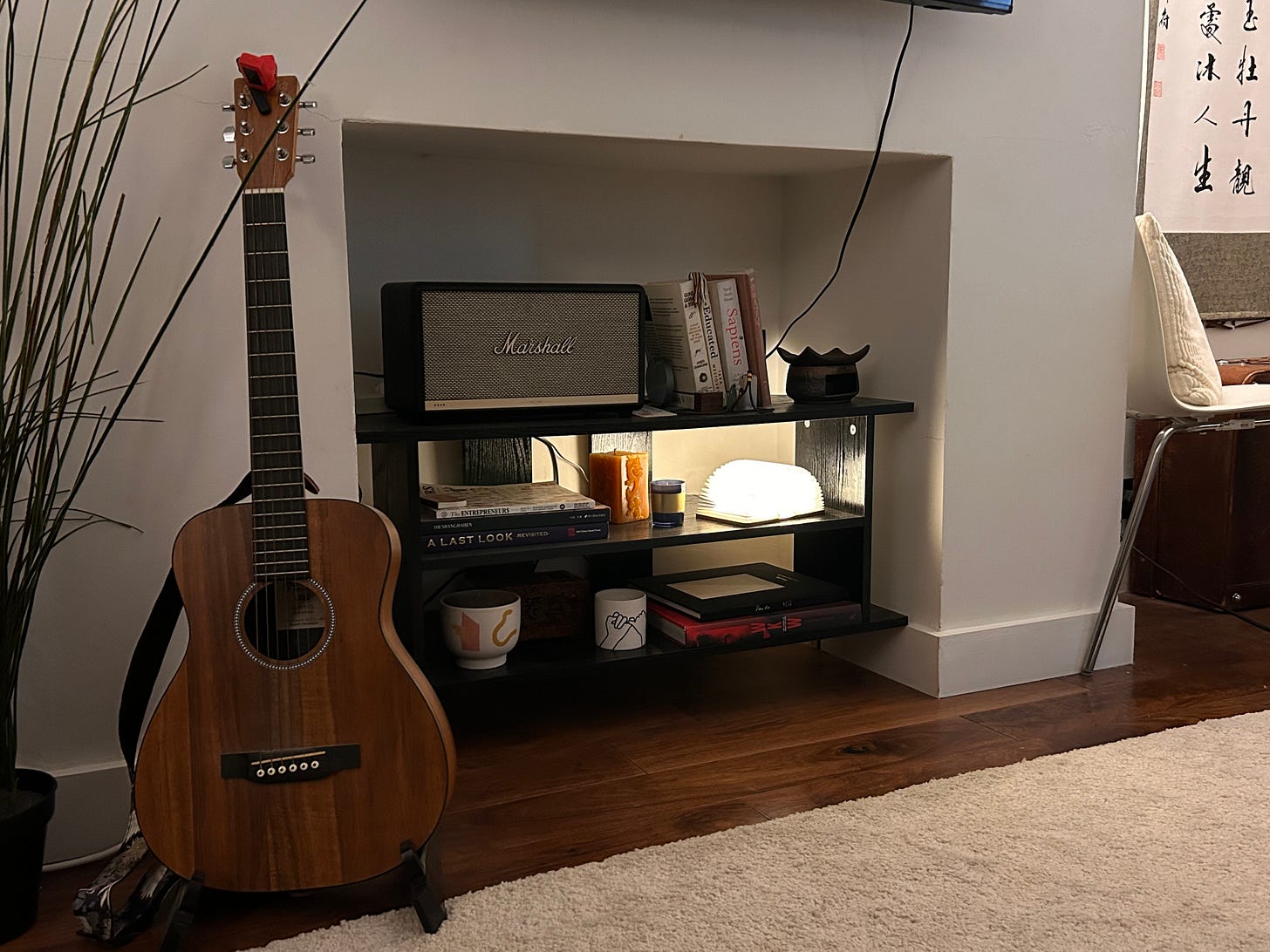
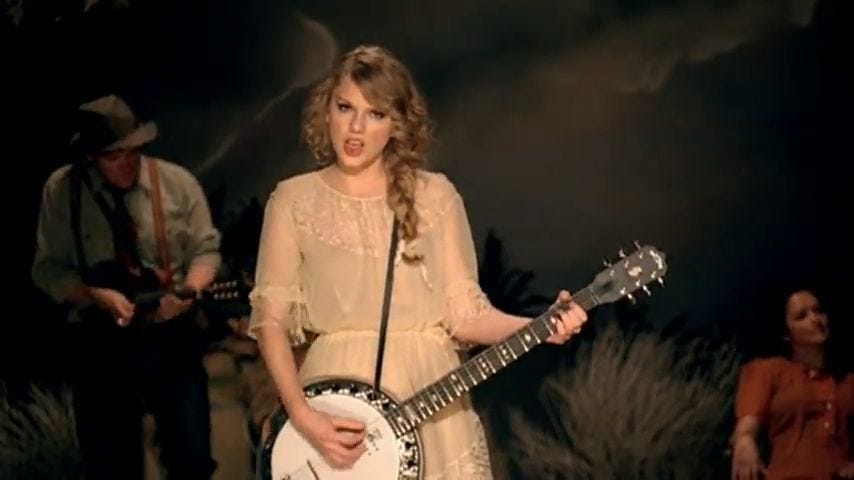


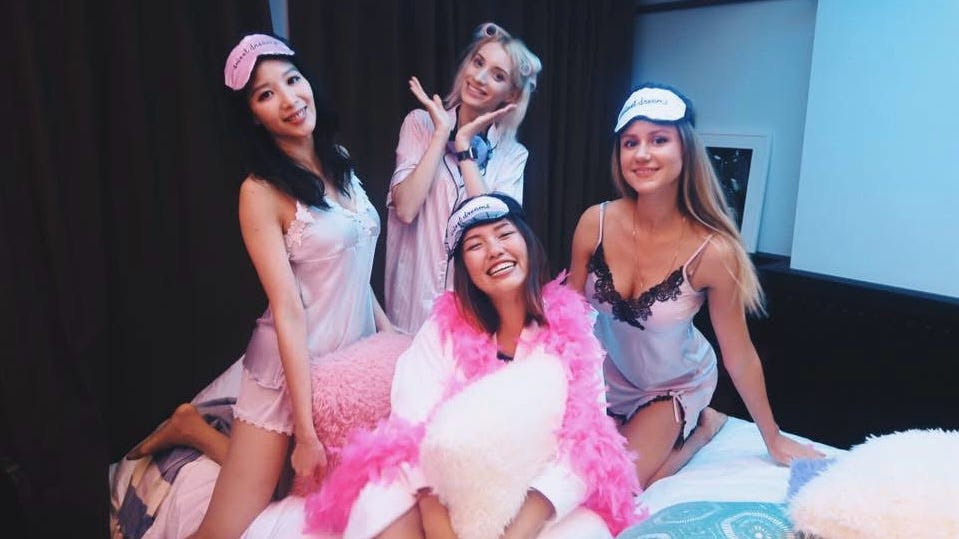
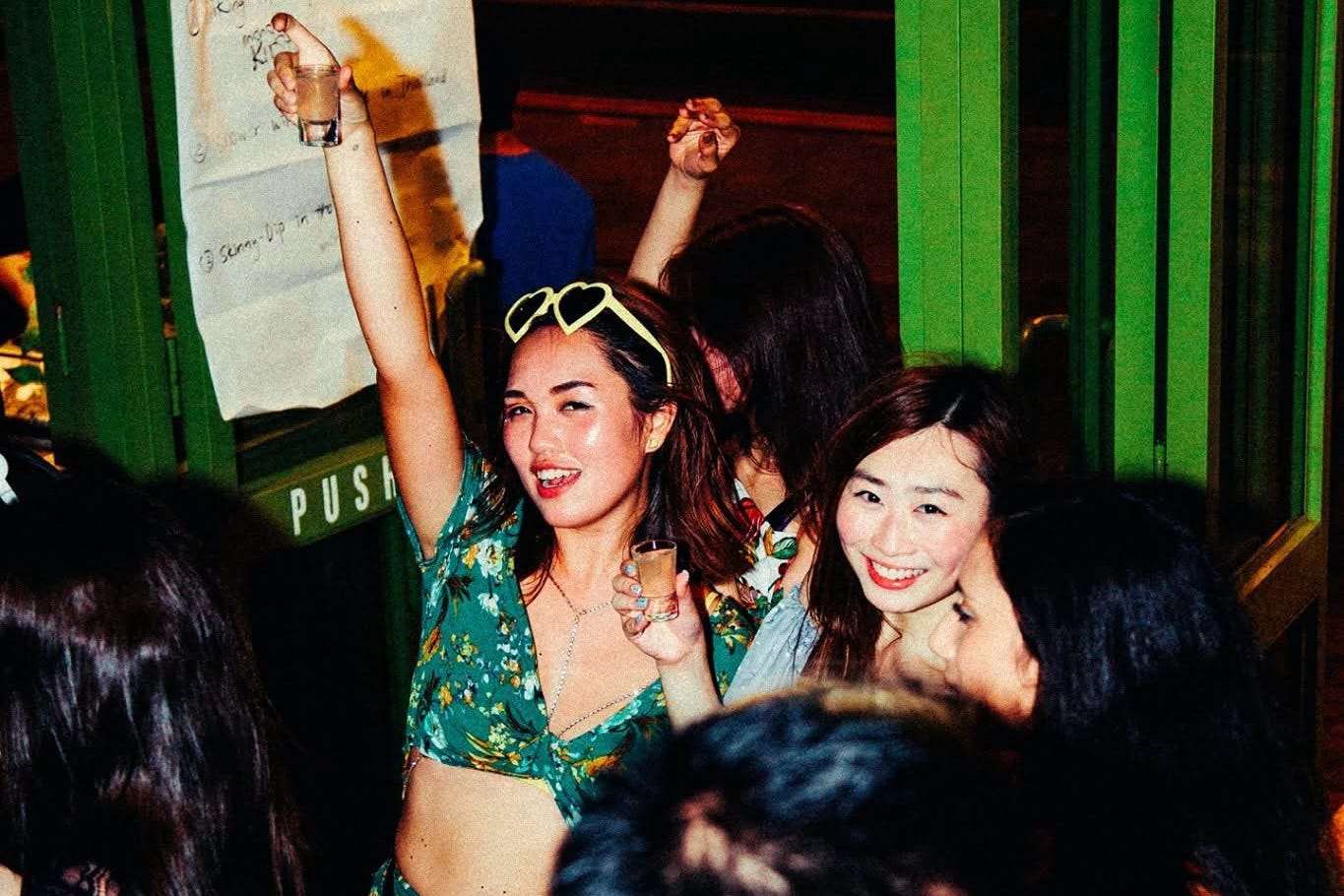
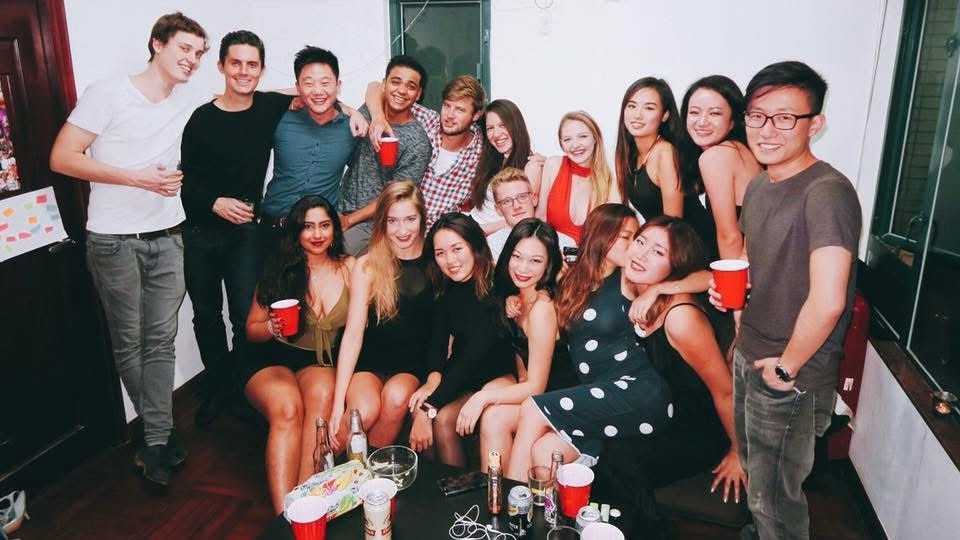
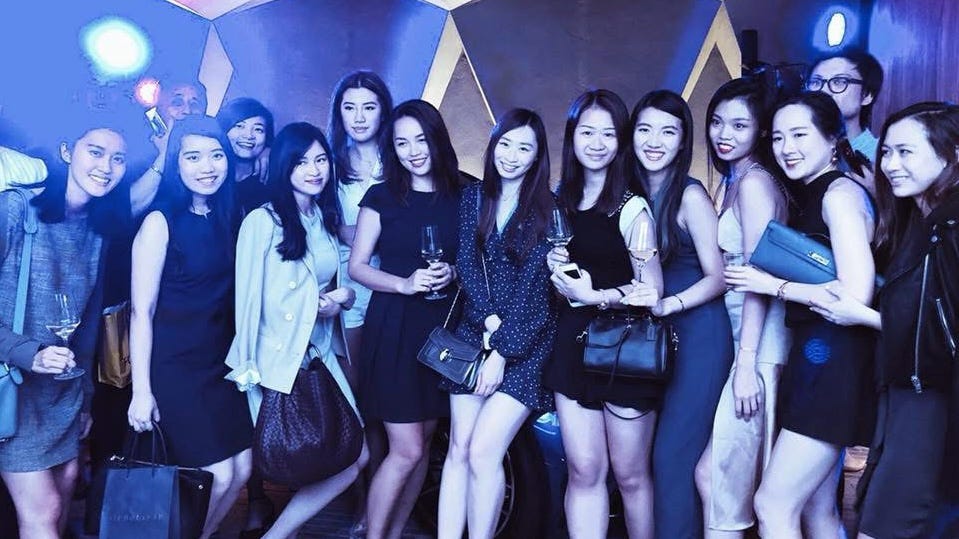
![Review] When Life Gives You Tangerines — Is Family Really the Enemy of Individuality? - KBIZoom Review] When Life Gives You Tangerines — Is Family Really the Enemy of Individuality? - KBIZoom](https://substackcdn.com/image/fetch/$s_!SYK-!,w_1456,c_limit,f_auto,q_auto:good,fl_progressive:steep/https%3A%2F%2Fsubstack-post-media.s3.amazonaws.com%2Fpublic%2Fimages%2F5e6d0110-212d-4329-8cc5-61257807c242_1200x676.jpeg)

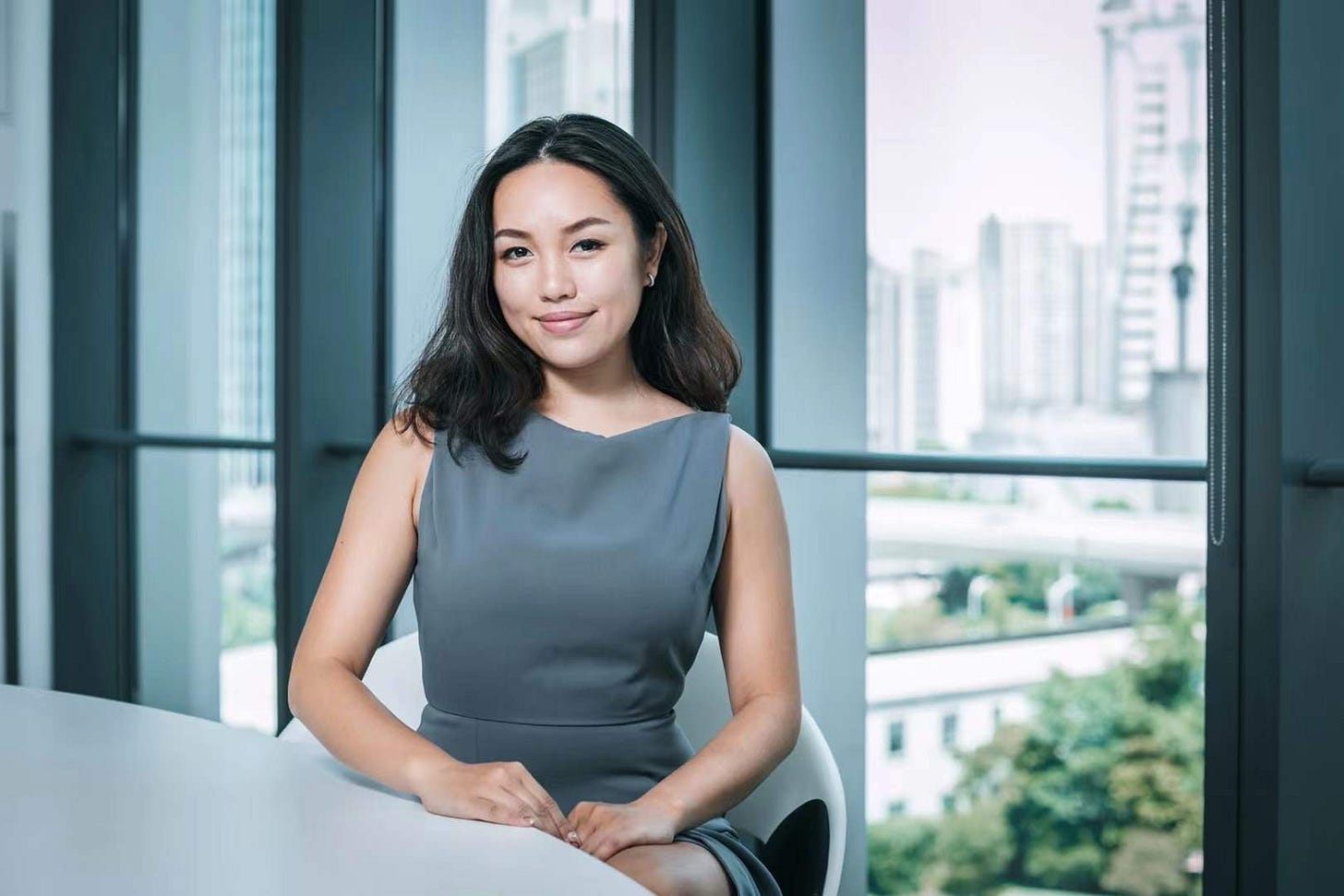
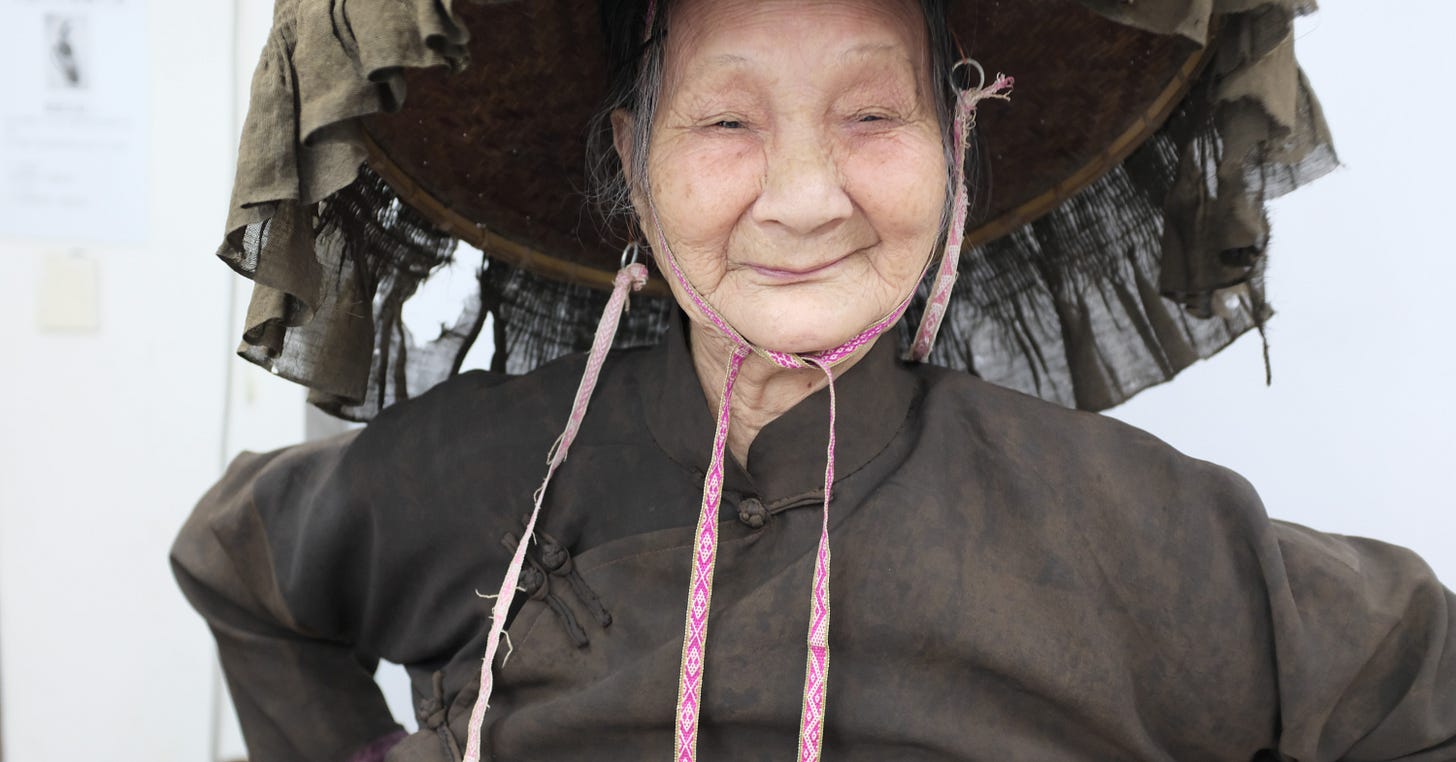
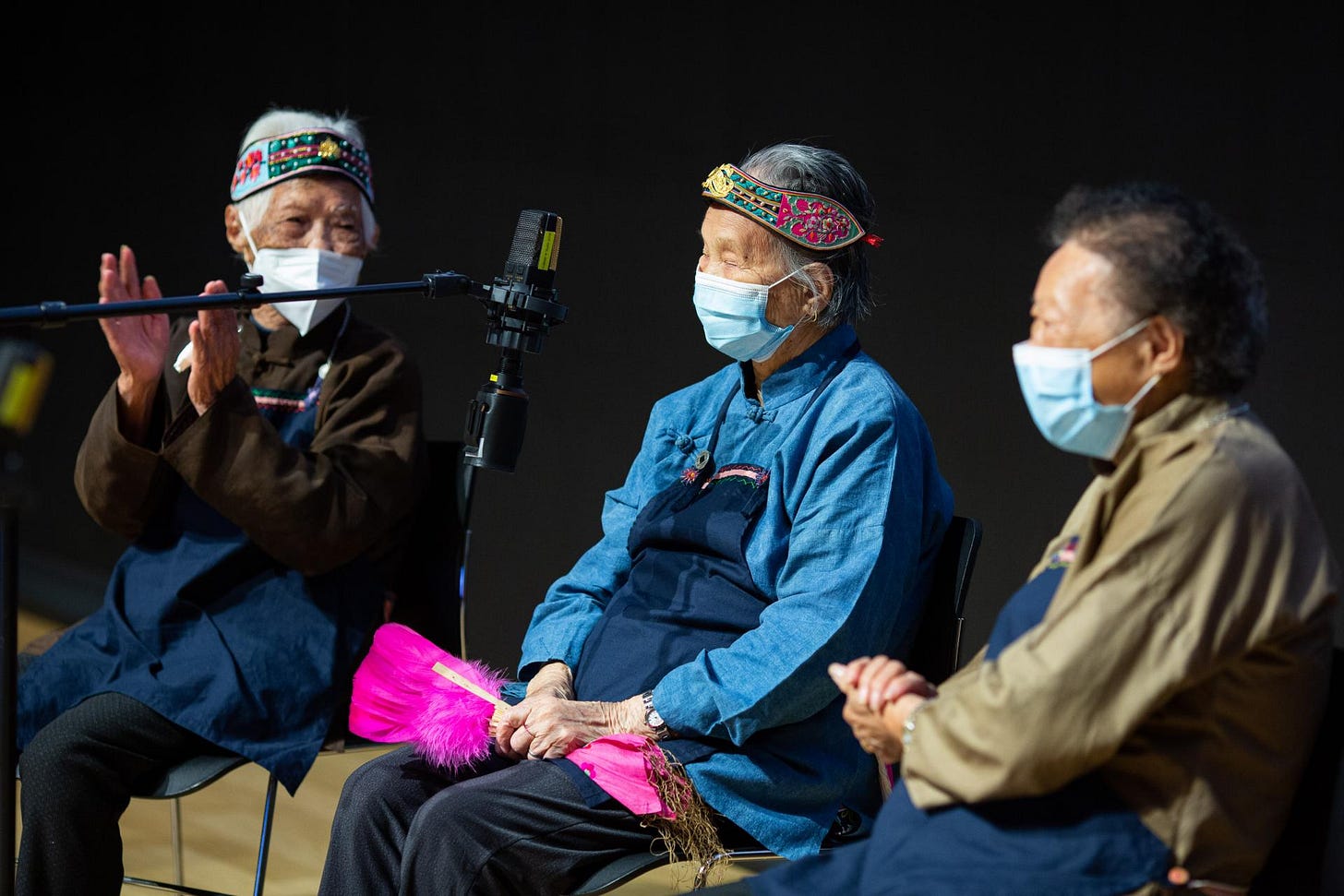
Well written and engaging Yunsu, you have the FRC support for this here! It's also nice to hear your story - everyone has such a fascinating one, but you share it.